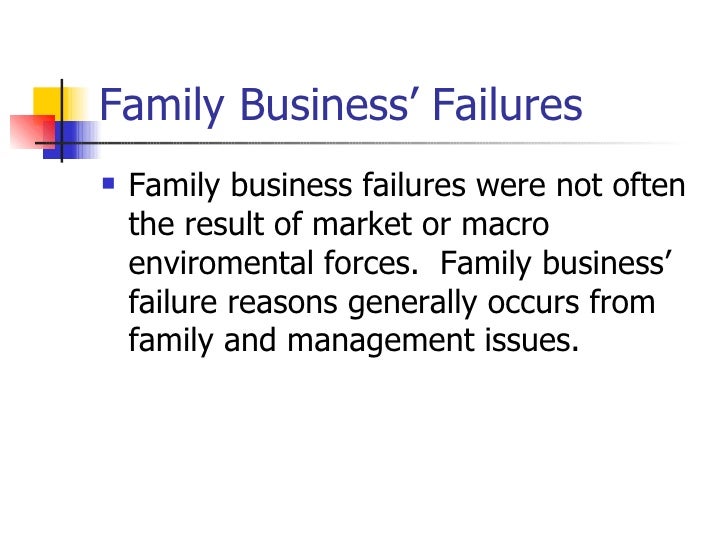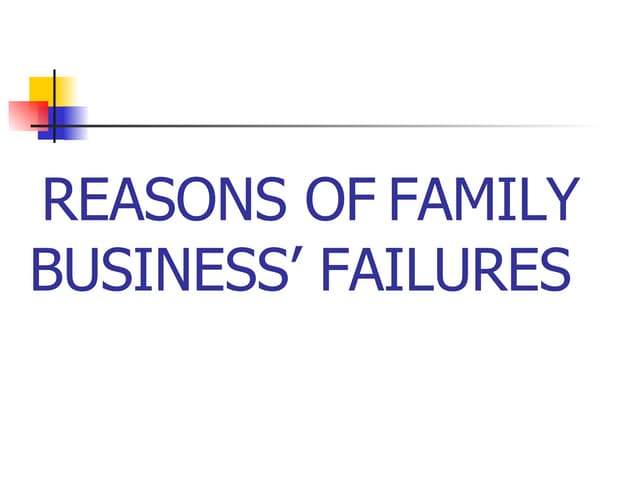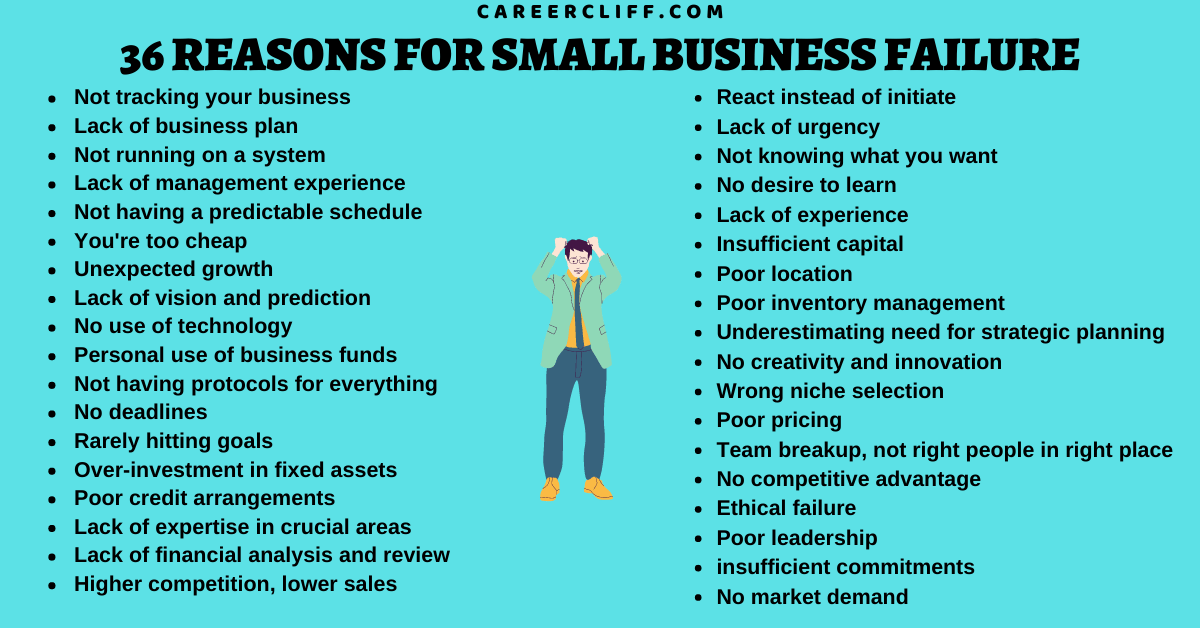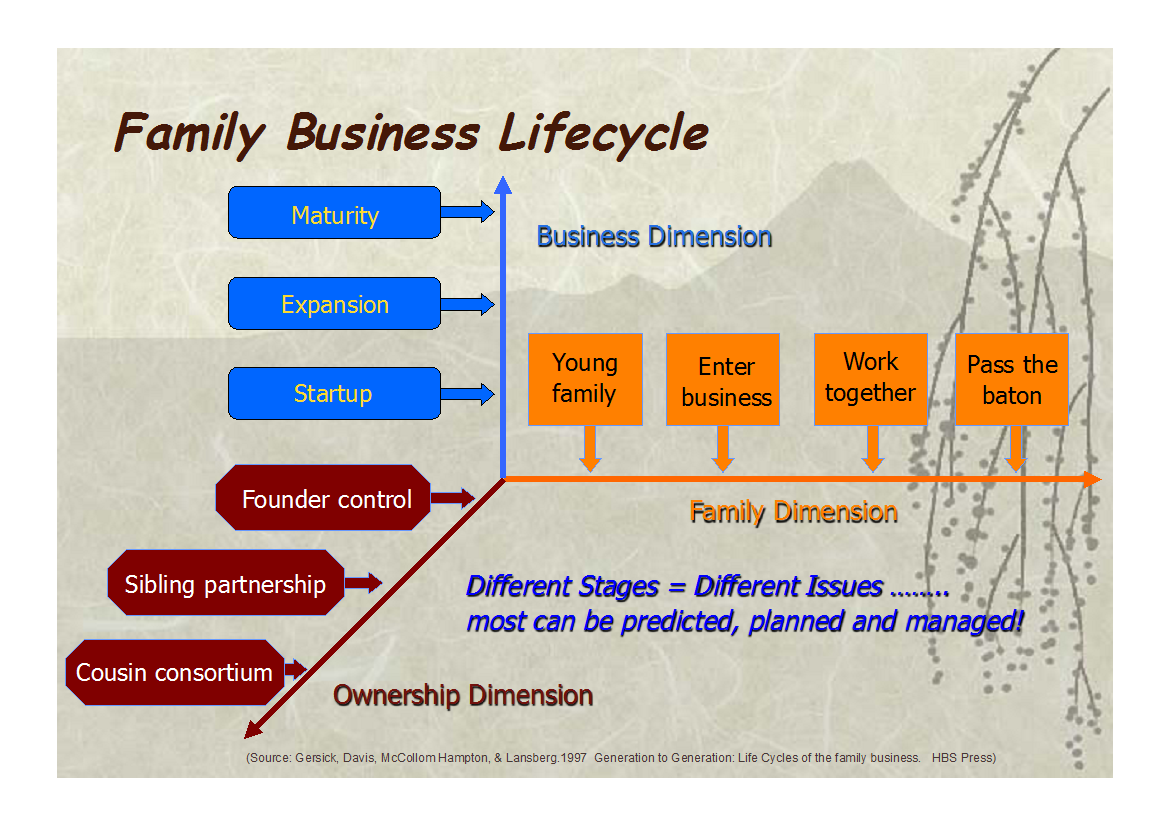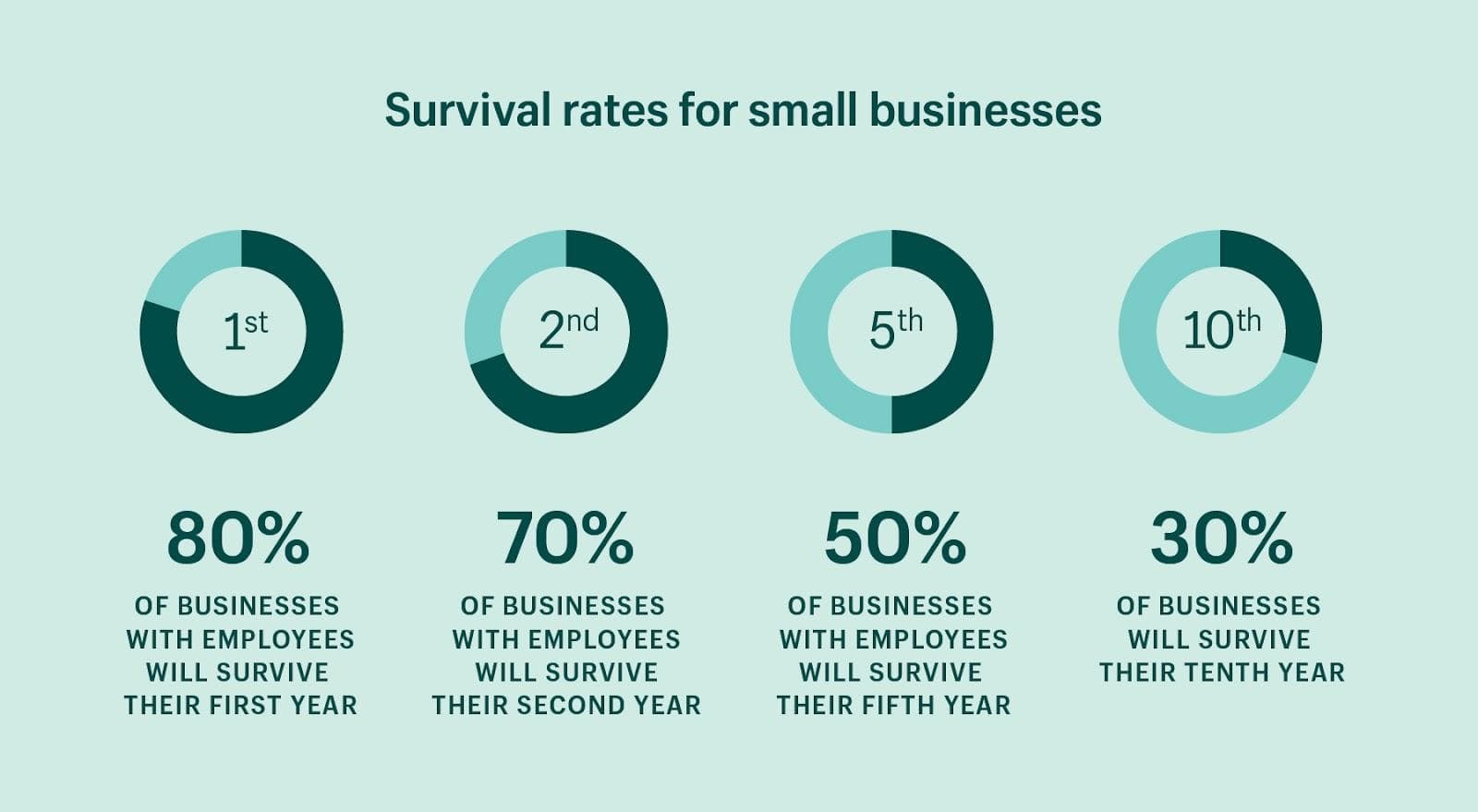2nd Generation Family Business Failure Examples
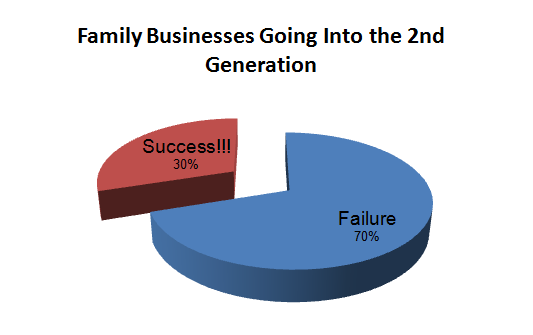
The dream of a family business, built from the ground up and passed down through generations, often carries a heavy weight of expectation. While some companies thrive under new leadership, many falter during the transition, particularly when the second generation takes the reins.
The failure of second-generation family businesses is a complex issue with significant economic and social ramifications. According to the Family Business Institute, only about 30% of family businesses survive into the second generation, highlighting the challenges of maintaining success across generations.
Factors Contributing to Second-Generation Failure
Several factors contribute to the high failure rate. Lack of preparation and formal training for the next generation is a common culprit. The founder's entrepreneurial spirit may not be easily replicated, and the successor might lack the necessary skills or vision to adapt to changing market conditions.
Disputes among family members can also be detrimental. Sibling rivalry, conflicting visions for the future, and disagreements over management styles can create internal friction that undermines the business. Clear succession planning, including established roles and responsibilities, is crucial for mitigating these risks.
Case Studies of Notable Failures
One well-known example is the downfall of the A&P supermarket chain. Once the largest grocery retailer in the United States, it struggled in the late 20th century as the second and third generations took over, ultimately leading to bankruptcy in 2015. Their failure was attributed to a combination of factors, including a lack of innovation and a failure to adapt to changing consumer preferences.
Laura Ashley, the iconic British design company, also experienced difficulties under second-generation leadership. While the company initially thrived on its distinct aesthetic, it failed to modernize and compete with faster-fashion retailers. Financial difficulties eventually led to administration in 2020.
Another less publicly discussed, but equally illustrative case is that of numerous local manufacturing businesses across the rust belt region of the United States. Many, built on post-war industrial boom, passed to children who, while inheriting the business, lacked the hands-on experience or market insight of their parents. This led to stagnation, shrinking profit margins, and eventual closure.
The Importance of Succession Planning
Effective succession planning is paramount to ensuring the longevity of a family business. This involves identifying and preparing the next generation of leaders, establishing clear lines of authority, and creating a governance structure that promotes fairness and transparency. A strong plan also addresses potential conflicts and provides a mechanism for resolving disputes.
Succession planning should begin years, if not decades, before the founder's retirement. It's not just about choosing a successor but about mentoring and training them to be effective leaders. This includes providing them with opportunities to gain experience in different areas of the business and exposing them to industry trends and best practices.
Furthermore, external advisors can play a valuable role in succession planning. Consultants, lawyers, and accountants can provide objective advice and guidance, helping families navigate the complex legal and financial aspects of the transition.
The Human Element
The failure of a family business can have profound emotional consequences for the family involved. It can strain relationships, create resentment, and lead to feelings of loss and disappointment. Understanding the emotional dynamics at play is crucial for managing the transition effectively.
Some families choose to involve a family therapist or mediator to facilitate communication and resolve conflicts. Open and honest communication is essential for building trust and ensuring that everyone feels heard and respected. Ultimately, navigating a successful generational transition requires a commitment to both the business and the family.
In conclusion, the failure of second-generation family businesses serves as a cautionary tale, highlighting the importance of careful planning, strong leadership, and effective communication. While the odds may seem daunting, with the right preparation and a commitment to adapting to change, families can increase their chances of preserving their legacy for generations to come.
"The key to success is not just inheriting the business, but inheriting the values and vision that built it."
